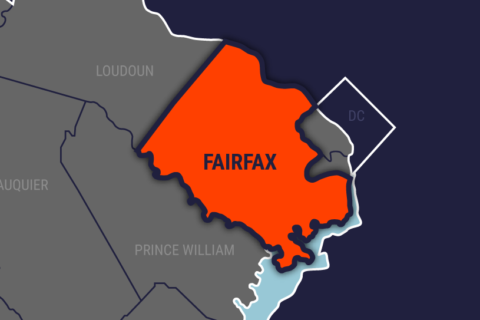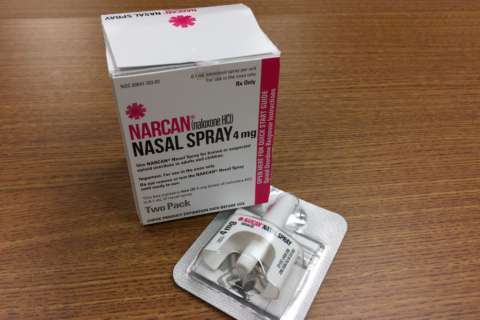WASHINGTON — Six people recently died from overdoses in Fairfax County in just one week. That’s one example of the opioid epidemic raging on in Virginia and across the country.
But Virginia’s governor said he is making the battle against the crisis a top priority in his new budget.
In the state’s new 2019-2020 budget, Gov. Terry McAuliffe is proposing $76 million to fight the epidemic, with $18 million going directly to opioid programs and services and $57.8 million going to improve behavioral and mental health services.
McAuliffe said $10 million will be spent to help individuals who have an opioid addiction get medically assisted treatment. Also, funding for fighting the epidemic will go toward establishing residential treatment programs for nonviolent offenders who have a history of opioid abuse, and for expanding drug-treatment courts.
McAuliffe pledged $800,000 toward expanding access to drug courts. He said he also wants the state to spend $2.3 million to hire more probation and parole officers.
Brian Moran, Virginia’s secretary of public safety and homeland security, said, “We know that improving behavioral health treatment will help reduce recidivism for offenders whose encounters with the criminal justice system have roots in their addictions or mental illness. While our jails are not treatment facilities, these budget actions recognize the reality that we must treat people where they are and help them return successfully to their communities.”
The lion’s share of the proposed funding would go toward improving behavioral and mental health treatment.
McAuliffe said the new funding aims to “bring our behavioral health services into the 21st century by investing in more community-based services, while still recognizing the need for bed space in state facilities.”
Funding will also pay for more same-day mental health assessments, expanding mental health court dockets and for providing housing for adults with serious mental illness.
Just about half a million — $447,900 — will go to establishing specialized programs for counseling veterans. The governor said addiction and mental health issues are diseases and are not moral failings.







